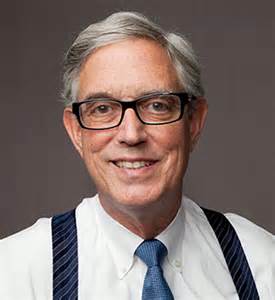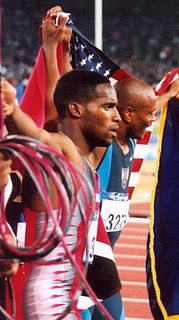A Quote by Stephen Covey
The first job of a leader-at work or at home-is to inspire trust. It's to bring out the best in people by entrusting them with meaningful stewardships, and to create an environment in which high-trust interaction inspires creativity and possibility.
Related Quotes
When the trust is high, you get the trust dividend. Investors invest in brands people trust. Consumers buy more from companies they trust, they spend more with companies they trust, they recommend companies they trust, and they give companies they trust the benefit of the doubt when things go wrong.
Trust gives you the permission to give people direction, get everyone aligned, and give them the energy to go get the job done. Trust enables you to execute with excellence and produce extraordinary results. As you execute with excellence and deliver on your commitments, trust becomes easier to inspire, creating a flywheel of performance.
Trust is perhaps the most critical single building block underlying effectiveness. Without trust leaders do not have followers. Without trust, leaders are impotent despite great rhetoric or splendid ideas. Trust rests on the belief among followers that the leader is transparent: What you see is what there is. Trust means followers believe there is no duplicity; no manipulation just to satisfy the leader's ego. Very simply: The effective leader is transparent; that's why that person is trusted.
What we're trying to do in conversational intelligence is not only define that trust continuum for people, not only helping them notice, which is so important, what's happening in them and others when distrust lives, but also how to bring people in trust. When they do, what happens, this part of our brain, the prefrontal cortex is loaded with wisdom, integrity, strategy, insights, empathy, foresight. It's beautiful. It's so designed for that, and often it's turned off because people don't have trust with each other.
A leader is someone you are not disappointed in placing trust in. When that person makes suggestions, you are inclined to trust [them]. Often it is people who have been there [in a similar situation to the people he or she is leading]. They would generally be people who are ready to take the risks themselves. Most leaders would be people who don't ever give commands and remain at home and let the foot soldiers be the ones who bear the brunt.
Fortunately or unfortunately, the one predictable thing in any organization is the crisis. That always comes. That's when you do depend on the leader: The job of the leader is to build an organization that is battle-ready, that has high morale, that knows how to behave, that trusts itself, and where people trust one another.


































